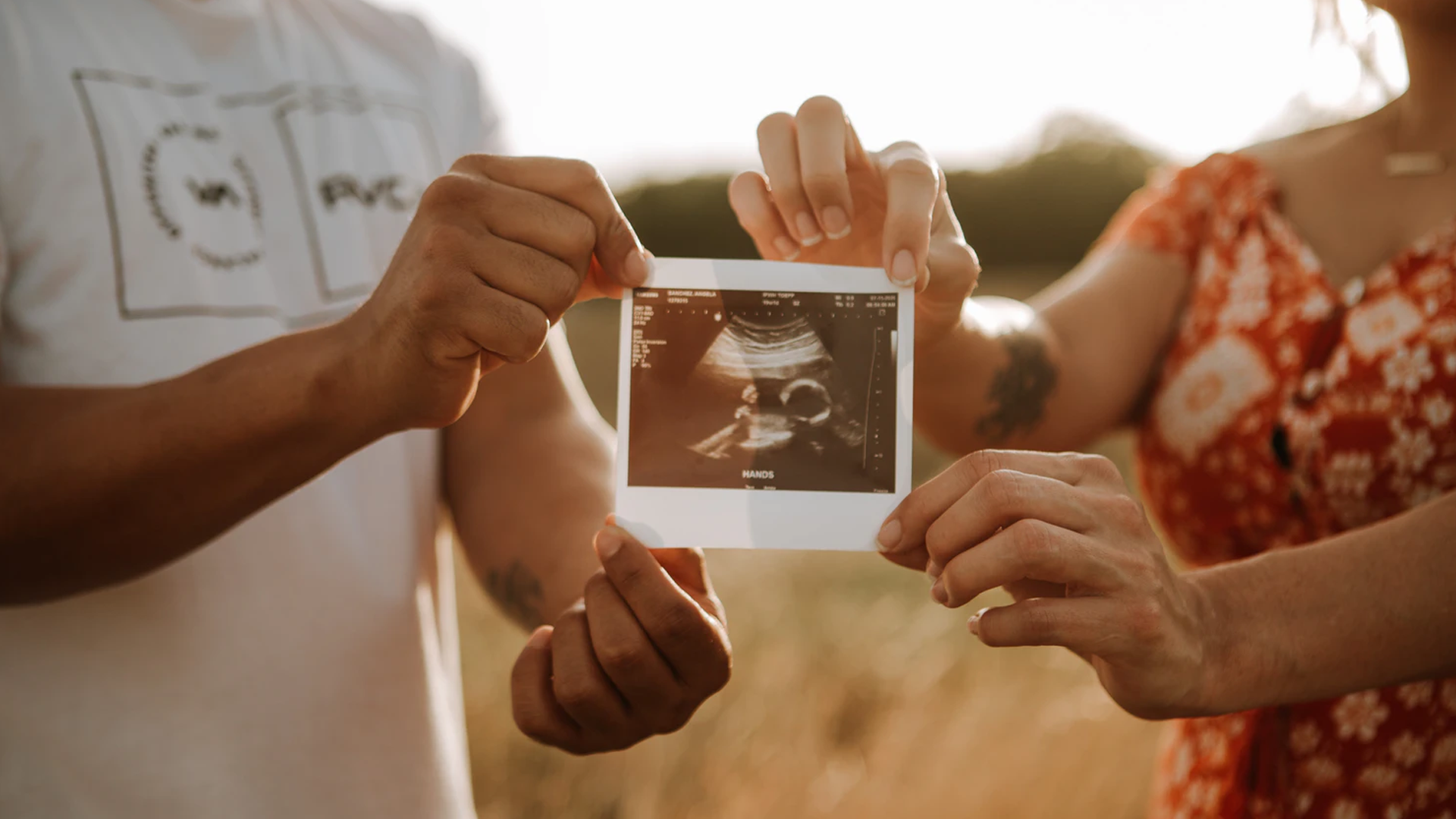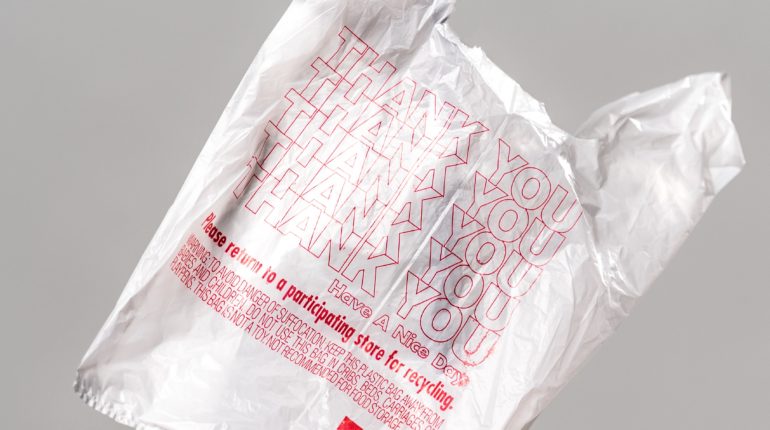Researchers find microplastics in human placentas, calling the presence of the particles ‘a matter of great concern.’
Just when you thought our plastic pollution problem couldn’t get any worse, Italian researchers have found microplastics in the placentas of human fetuses. While we don’t yet know the health implications of this finding, the researchers concluded that the presence of these particles “is a matter of great concern.”
Microplastics are small pieces of plastic, less than 5 mm (0.2 inch) in length, that are found in the environment as a consequence of plastic pollution. In other words, they are plastic pollution’s plastic pollution. Awesome.
Given that the placenta provides oxygen and nutrients to a fetus and removes waste products from its blood, it is pretty safe to assume that having a placenta chock-full of plastic, no matter the size, is probably less than ideal.
Disturbingly, it wasn’t out of the ordinary that the plastic particles, most of which were 0.01 mm in size and therefore able to be carried in the bloodstream, made their way into the bodies of the four healthy women studied by the researchers, and potentially the bodies of their children. In fact, it was the contrary.
The Guardian reports: “[a]ll the particles analysed were plastics that had been dyed blue, red, orange or pink and may have originally come from packaging, paints or cosmetics and personal care products.”






















